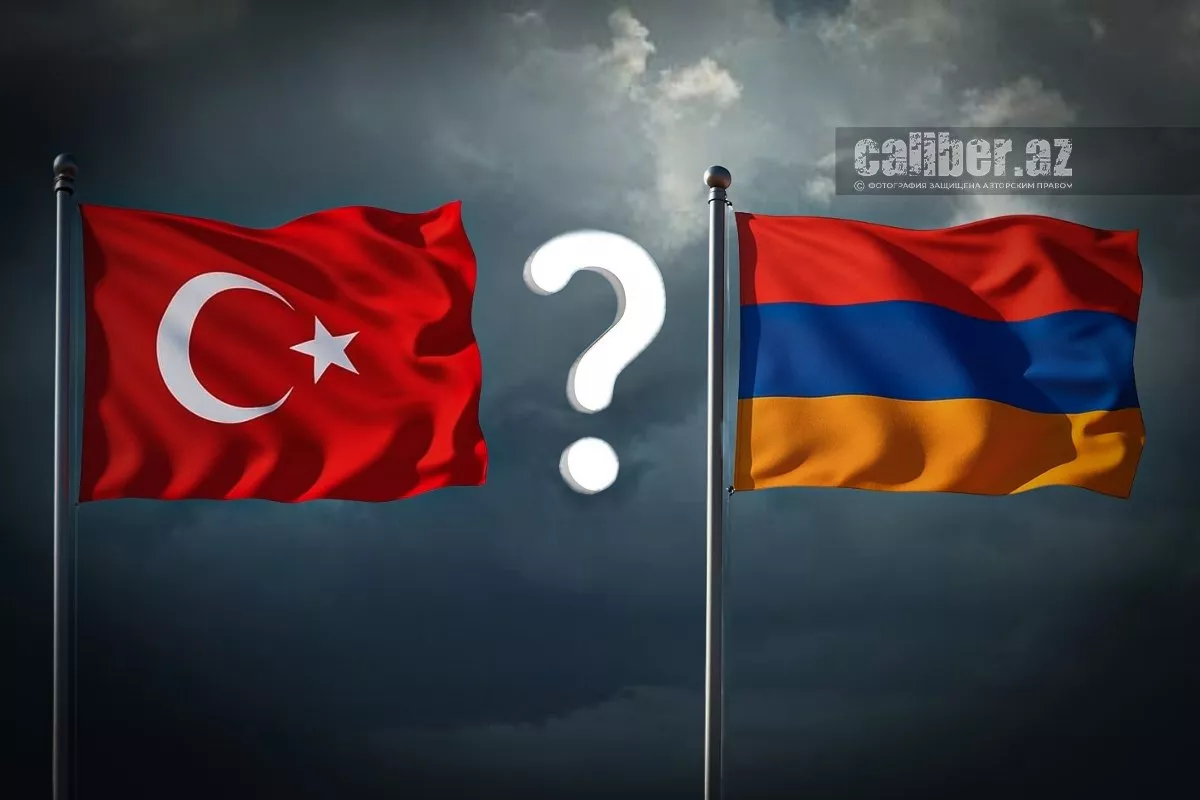Without a mandate, but full of megalomania Garo Paylan’s crude manipulation
Today, officials, experts from both countries, and even figures who have largely stepped away from the political arena are sharing their views on the developments surrounding the potential opening of the Armenia–Türkiye border. It is the opinions of the latter group that often spark undue excitement in certain Armenian circles, due to their provocative and tendentious nature.
A striking example is the statement by former Turkish parliamentarian of Armenian descent, Garo Paylan, regarding the prospects of reopening the Armenian–Turkish border and Azerbaijan’s role in the process—remarks that have garnered significant attention in the Armenian media. However, any analysis of his statement must first consider Paylan’s actual political standing, motivations, past record, and the objective geopolitical context he seems intent on obscuring.
First of all, Paylan is no longer an influential figure in Turkish politics. His parliamentary mandate has expired, and unlike during his time in office, he no longer has access to the current centres of decision-making. During his tenure, he was remembered less for constructive initiatives and more for marginal statements—most notably, calls for Türkiye to recognise the so-called “Armenian genocide” and his consistent, provocative, and misleading anti-Azerbaijani rhetoric.
In other words, we are dealing with a figure who for decades opposed normalization in its legally and historically justified sense. To claim that his current assessments reflect Ankara’s position or could influence the process is a clear exaggeration. It is an attempt to leverage his ethnic background to lend weight to words that have none.
Furthermore, the core premise of Paylan’s argument is the assertion that reopening the Armenian–Turkish border should allegedly not depend on the normalization of Armenian–Azerbaijani relations. Within this logic, Ankara is depicted as being led by Baku, while Azerbaijan is portrayed as the party supposedly obstructing the normalization process between Türkiye and Armenia.

This is precisely where the main distortion of facts occurs. Türkiye did not close its border with Armenia arbitrarily; the closure was a direct response to Armenia’s occupation of 20% of Azerbaijan’s territory, which lasted nearly three decades and was accompanied by widespread human rights violations, ethnic cleansing, and acts of genocide. For years, both Ankara and Baku urged Yerevan to resolve the conflict peacefully within the framework of international law, but these appeals were ignored.
It was only after the 44-day Patriotic War in 2020 and the one-day counter-terrorist operation in September 2023 that Azerbaijan’s territorial integrity was fully restored. At the cost of thousands of lives, the status quo that had blocked regional development for decades was finally overturned. Only then did real conditions emerge for an Armenian–Turkish rapprochement process. In other words, reopening the border is impossible outside the context of a comprehensive peace agreement between Armenia and Azerbaijan—these processes are inseparable.
Paylan is fully aware of this, yet he engages in blatant manipulation. His goal is to create the illusion that certain “external forces”—the U.S. or the EU—could impose a vision of normalization with Armenia on Türkiye without considering Azerbaijan’s interests.

However, such reasoning completely ignores the strategic alliance between Türkiye and Azerbaijan, grounded in the principle of “one nation, two states,” mutual security, and close economic ties between Baku and Ankara. It also disregards Azerbaijan’s critical role in regional logistics and the West’s genuine interests—stability and open communications, which are impossible without peace between Baku and Yerevan.
Furthermore, Paylan deliberately omits the fact that certain forces in Armenia openly advocate “revenge”—including Dashnak and Karabakh clan representatives who promote territorial claims against Azerbaijan and Türkiye—and that Armenia’s constitution still contains territorial claims on Azerbaijan. This is not a mere legal technicality; it lays the foundation for future conflicts. That is why official Baku rightly insists on constitutional amendments in Armenia, and without fulfilling this requirement, no peace treaty with Yerevan can even be contemplated.
If Garo Paylan truly wished to be a “peace dove,” his focus should be on Armenia. Yet it seems highly unlikely that the former parliamentarian will do so. In reality, he and others like him are not seeking peace—they are setting the stage for future territorial claims against both Türkiye and Azerbaijan.








